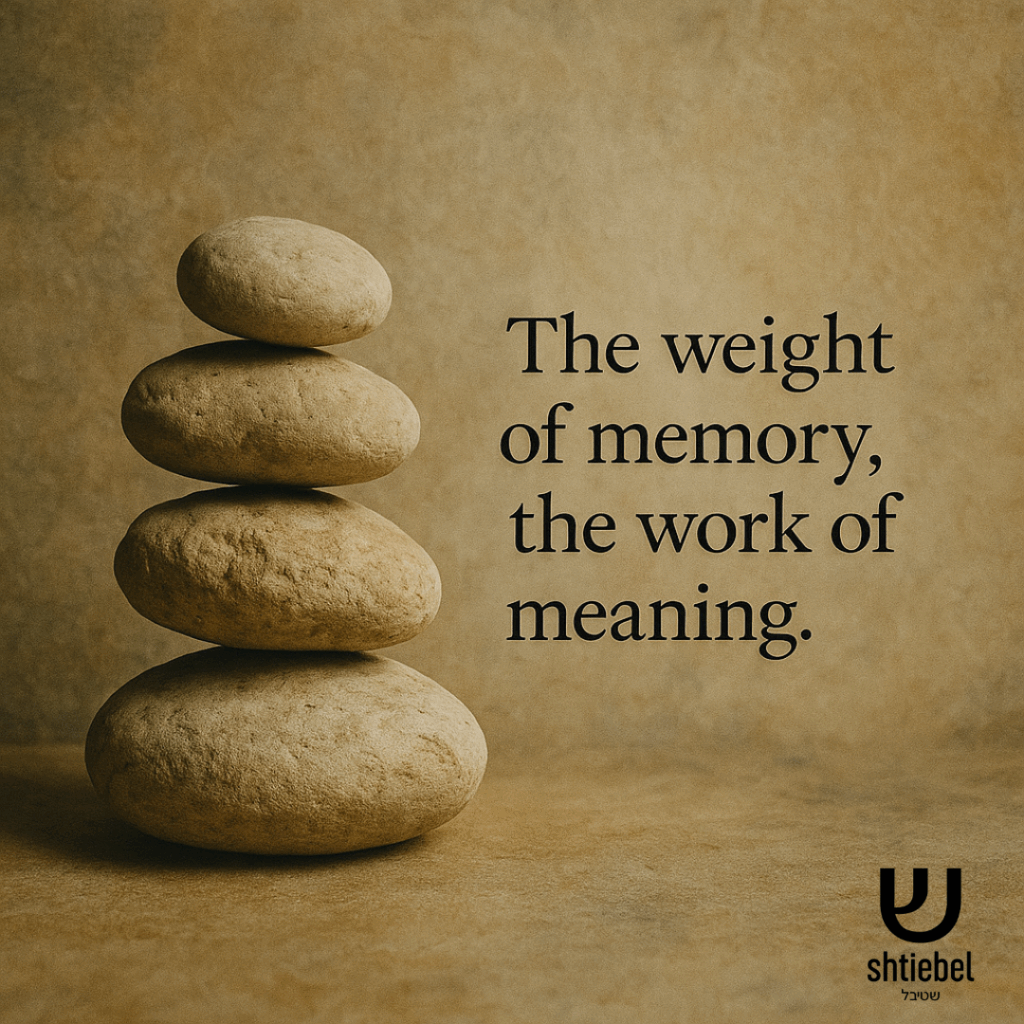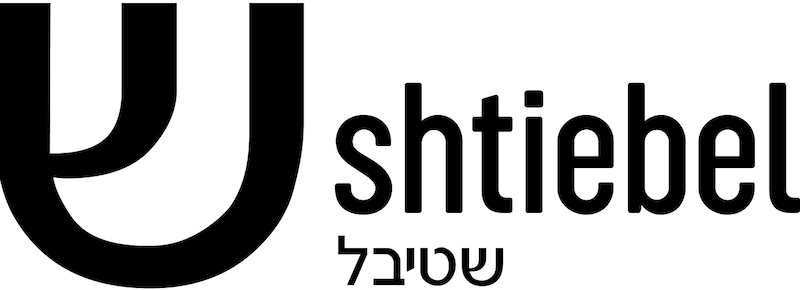
This Shabbat brings with it Rosh Chodesh Av, the beginning of the Nine Days — the final and most intense period of mourning in the Jewish calendar. In ancient times, this stretch of days led our ancestors from the breach of Jerusalem’s walls to the fall of the Temple itself. Across generations, the Nine Days became a well of sorrow — a space carved out in time to remember what was lost, and to reckon with what still hurts.
For centuries, Jews have observed this season through tangible practices: refraining from celebrations, music, meat, wine — a deliberate softening of joy. These customs are not just symbolic. They are invitations to feel, to notice, to remember.
And yet for many of us, these rhythms no longer structure our lives. We may not count the days between Tammuz and Av. We may not fast or change our routines. We may not see ourselves in the ruins of Jerusalem or hear our own grief echoed in ancient verses.
But this year, it feels different.
Since October 7, we’ve been living through a chapter of Jewish history that is not distant or abstract. It is unfolding in real time. What was once remembered has become relived. Trauma, fear, displacement, defamation — these are no longer stories from the past. They are the texture of our present.
And here in Melbourne, the echoes are loud. Our synagogues have been attacked. Our gathering spaces targeted. Our streets defaced. And while the headlines may come and go, the feeling of disorientation — of being watched, misunderstood, blamed — lingers.
It is a heavy time.
And yet, it is not the first time.
Twenty-seven centuries ago, our people sat by the rivers of Babylon and wept. We’ve whispered Eicha — “How?” — for thousands of years, asking how cities fall and hearts break and lives unravel. The Book of Lamentations, read on Tisha B’Av, is filled with broken poetry and aching theology. But it is also filled with resilience.
In Chapter 3 — the aching centre of the scroll — the tone shifts. The voice of the narrator moves from communal lament to quiet inner strength:
“This I recall to my heart — therefore I have hope:
The kindness of God has not ended,
God’s mercies are not spent.
They are renewed every morning —
Great is Your faithfulness.”
(Eicha 3:21–23)
Hope — not as comfort, but as commitment. As a declaration that pain will not have the final word. That even in devastation, there is dignity. Even in exile, the seeds of return.
The Nine Days ask us to sit with grief. But they also ask us to listen to what grief teaches.
They remind us that Jewish survival has never been about forgetting what happened. It’s about learning how to carry it. It’s about building memory into meaning. It’s about understanding that what broke before can break again — but also that healing is possible, even if imperfect, even if slow.
As we enter Av, we are not called to retreat from the world, but to engage with it more honestly.
To name what has been lost.
To sit with what remains unresolved.
To mourn, yes — but also to make meaning.
To ask not only “How did this happen?” but also “What now?”
The Jewish people have never been strangers to sorrow. But we have never been strangers to strength either. We have found ways — generation after generation — to turn mourning into wisdom, exile into return, and silence into song.
This is the work of these days.
Not to wallow. But to witness.
Not to despair. But to endure.
Because the Jewish story has never ended in ashes.
It always ends in return.
And so it’s no coincidence that Rosh Chodesh Av also marks exactly two months until the arrival of the New Year. Two months until we stand again at the edge of renewal. This is our season not only to grieve what has been, but to prepare for what could be. To begin again — not in spite of all we’ve carried, but because of it.
